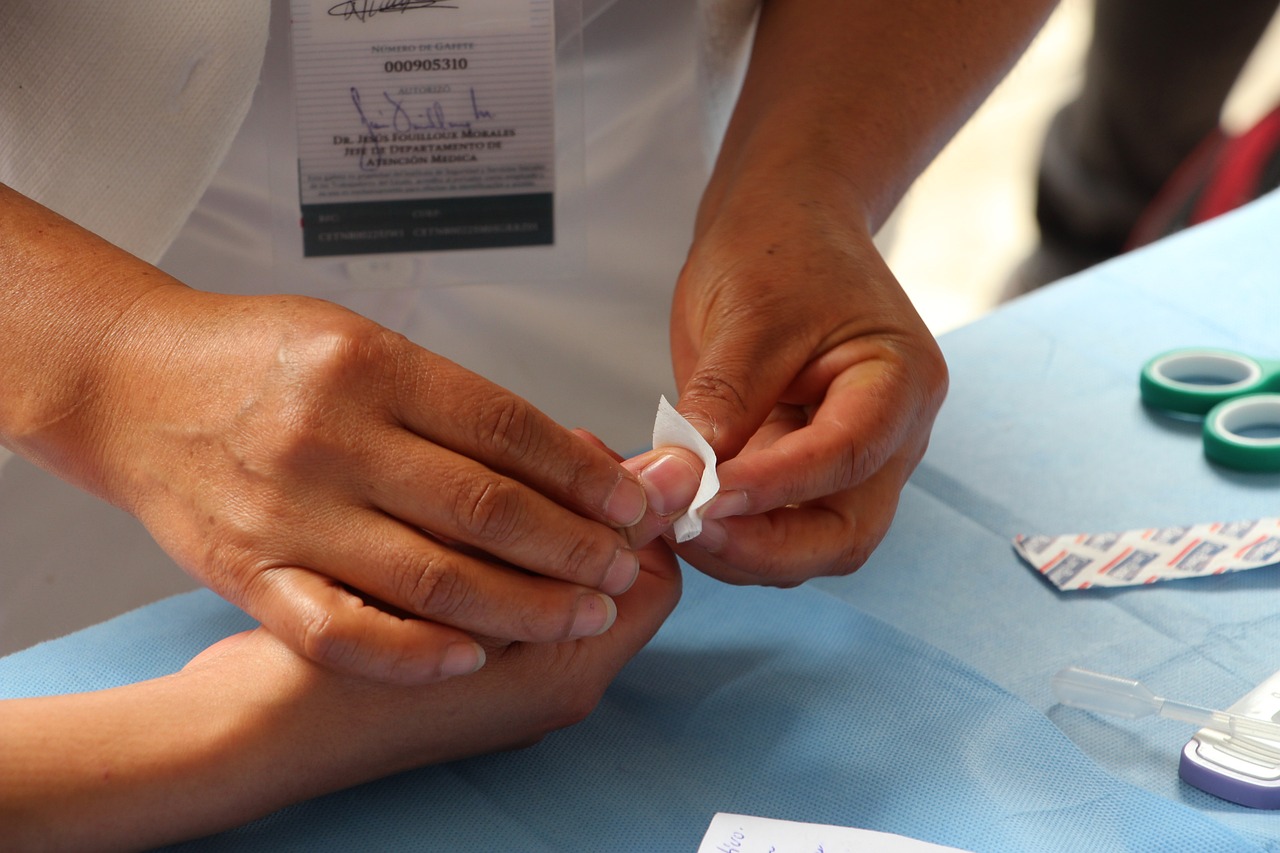Nursing is a highly rewarding profession that attracts people from diverse backgrounds. In fact, surveys have ranked nursing as one of the “most trusted professions” for more than two decades.
Even so, there is a significant labor shortage among nurses. Other factors that contribute to this challenge include an aging population, limited nursing school faculty which limits the school’s capacity for students, and the demanding nature of the profession. For some, the time and financial commitment required to earn a degree and a license may seem daunting.
A license is required to become a registered nurse (RN). While a degree isn’t necessary to enter the profession, if you’re considering a career beyond an RN, earning a degree would be beneficial. It’s important to understand the current professional landscape and whether or not you may want to earn a degree as you consider your nursing career.
The State of Nursing
The demand for qualified nurses continues to grow. Part of this demand is due to backfilling — the need to replace nurses leaving the workforce. The ratio of people to nurses in the entire country is nine for every 1,000 people, and has gotten as low as seven in states like Utah, Georgia and Texas. This shortage leads to burnout and turnover, which in turn intensifies the strain on remaining staff.
Nursing schools, hospitals, and medical companies are working to address this challenge by expanding recruitment efforts, bolstering nursing school enrollments, and offering additional benefits and flexibility.
Why Get a Nursing Degree?
Nursing education benefits more than the professionals in this field. Higher levels of education for nurses result in better health outcomes for their patients and communities they serve. Improving nursing education supports the Institute of Medicine’s goal of 80% of the nursing workforce holding a bachelor’s degree or higher. For the nurses themselves, academic degrees are useful across various work settings, such as hospitals, clinics, nursing homes, schools, community health centers, correctional facilities and home health agencies.
“We have developed empathic, practical degree programs to help those in the nursing field by stressing technology, health literacy, leadership, ethics and more using contemporary curricula.”
Top Reasons Registered Nurses Pursue Degrees:
1. Enhance professional skills and gain knowledge.
Nurses with bachelor’s and master’s degrees demonstrate advanced critical thinking and improved problem-solving skills, which are increasingly necessary as healthcare evolves.
According to reports such as The Future of Nursing 2020-2030 by the National Academies of Sciences, Engineering, and Medicine, nurses need higher levels of education to meet the demands of modern healthcare. They are better equipped to promote health equity, reduce health disparities, and care for diverse populations.
2. Prepare for more career opportunities.
Many healthcare organizations are increasingly requiring or preferring nurses with bachelor’s or master’s degrees for leadership and management roles. In fact, bachelor’s degrees or above are required for nurse managers and nurse leaders at hospitals that have earned Magnet recognition.
Is Pursing a Degree in Nursing Worth It?
Whether you’re pursuing a BSN or your MSN, a degree in nursing may take up to four years to complete. For many, the question of whether or not it is worth it depends on their investment in the field. Nursing is a challenging but highly rewarding field, and the topics of study allow you to confidently handle the wide range of possible medical issues, situations and roles you will have to fill.
Although the time commitment can be substantial, online learning options have made higher education more accessible. Many programs allow students to balance their studies with work and family responsibilities, and some organizations and healthcare employers offer financial aid or tuition assistance to support aspiring nurses.
Overall, nursing is deeply fulfilling and offers opportunities to make a difference in people’s lives every day.
“One of our many goals is make sure nurses learn how to empower themselves to make their job, patient care and the health care industry better.”
Earn a Degree in Nursing at Columbia Southern University
Our approach to learning is designed to meet our students where they are, allowing them to obtain an education in services, administration, nursing, or other healthcare fields at their own pace.
Our College of Nursing and Health Sciences offers support, advising and remote access tools to students, helping them stay engaged with their studies. Whether you’re advancing from an associate degree or pursuing a master’s, we offer pathways to help you reach your goals.
If you’d like to learn more, visit our website.
Disclaimer:
Multiple factors, including prior experience, geography, and degree field, affect career outcomes. CSU does not guarantee a job, promotion, salary increase, eligibility for a position, or other career growth. Testimonials may not reflect the experience of all CSU students.
We recommend that you conduct your own salary research. Salary expectations are dependent on a number of factors like location, experience, credentials, benefits offered, etc. There are a wide variety of sources where you can find potential salary information. We recommend that you review several to get an overall idea of potential salary for a particular field.
The Bachelor’s Degree in Nursing and Master’s Degree in Nursing Programs, holds pre-accreditation status from the National League for Nursing Commission for Nursing Education Accreditation (NLN CNEA), located at 2600 Virginia Avenue, NW, 8th Floor, Washington, DC, 20037; phone (202) 909-2487. Holding pre-accreditation status does not guarantee that initial accreditation by NLN CNEA will be received.
Columbia Southern University’s nursing programs are post-licensure and do not lead to professional licensure or certification. Multiple factors, including prior experience, geography and degree field, affect career outcomes. CSU does not guarantee a job, promotion, salary increase, eligibility for a position, or other career growth. Direct enrollment certificates are not eligible for Federal Student Aid, VA funding or Military Tuition Assistance. Columbia Southern University’s nursing programs are currently seeking authorization from the Boards of Nursing in the District of Columbia, Utah, and Washington. Currently, CSU is unable to admit students residing in these states/territories until formal approval is granted but is actively working to secure the necessary authorization.
Applicants must reside and be licensed in the states/territories where Columbia Southern University has the necessary authorization throughout the duration of the program. Students are required to complete all experiential learning experiences only in the states/territories where they hold a valid nursing license, and only in the states where CSU has the necessary authorization.





